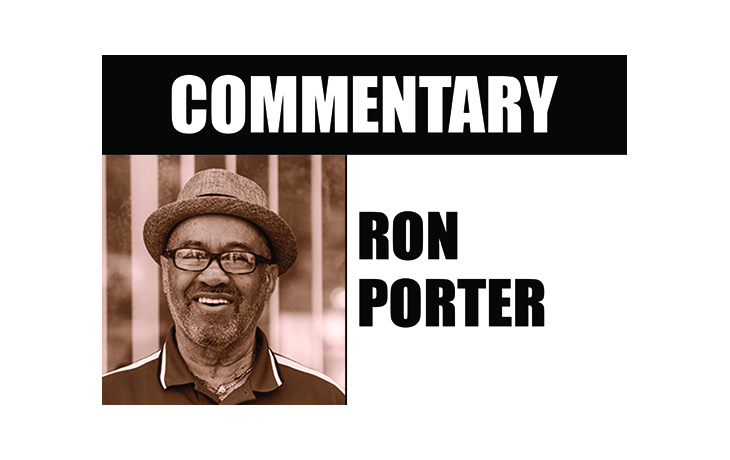by Ron Porter
When I was born nearly eight decades ago, Cornelius D. Scully was the Mayor of Pittsburgh. By most accounts, Mayor Scully was competent. His tenure overlapped the burgeoning of the steel industry. The expansive need for steel to fight World War 2 fueled Pittsburgh’s smoky reputation as hell with the lid off.
Pittsburgh in the 1940’s was plagued by racism. There were few Black policemen. Housing communities were segregated. Black doctors, lawyers and other professionals served their communities exclusively. People of African descent were typically marginalized and restricted in building pathways to economic independence. Local government was undoubtedly complicit
In the year of my birth (1944) the Tuskegee airmen were not yet acknowledged for their competence and daring as pilots. The great migration of Black Americans from the fierce, officially sanctioned bigotry of the defeated Confederate states, grew the urban populations of cities north and west. August Wilson’s plays brilliantly share the joy and pains of black men and women relocated from the south to Pittsburgh.
Mayor Scully was followed in order by David L. Lawrence, Thomas Gallagher, Joseph Barr, Pete Flaherty, Richard Caliguiri, Sophie Masloff, Thomas Murphy, Bob O’Conner, Luke Ravenstahl, and Bill Peduto. Each of Pittsburgh’s mayors had their supporters and dissenters. They shared a common distinction; they were all White.
As a lifelong Pittsburgh resident, my journey from youth through adulthood gave me no indication Pittsburgh would ever elect a Black mayor. Byrd Brown, a prominent attorney, and activist mounted an unsuccessful mayoral campaign and was defeated for the nomination by Democratic stalwart Sophie Masloff three decades ago. Over the years Black candidates did not muster the support to be considered an electable mayoral candidate.
When State Representative Ed Gainey announced his candidacy against the incumbent Mayor, Bill Peduto, the memory of Byrd Brown was foremost in my mind. But, with backing from all sectors of the Pittsburgh community, Gainey was elected mayor.
I admit to feeling a bit paternalistic toward Mayor Gainey. He is in the same age cohort as my two sons, and I attest to schooling him on the basketball court (although he denies it!).
Being an urban mayor is a tough ass job. Pittsburgh, consistent with the experience of many urban municipalities, is paying a horrendous price for decades of systemic racial inequity.
Concentrations of Pittsburgh residents are locked into intergenerational poverty. Poverty is a breeding ground for self-destructive behaviors. Our mayor is a product of Pittsburgh’s Homewood community. He was educated in the public school system, experienced the trauma of personal loss, and remains able to celebrate and appreciate the core richness of his community.
The heartbeat of our city is irregular. Many days pass with the regular rhythms of urban life. Sadly, some days the heartbeat of our city is interrupted by gunshots and other ghastly terrors. The restoration of the flow of our city’s lifeblood after a major attack requires a surgeon’s skills and a pastor’s grace.
Mayor Gainey is a product of the City of Pittsburgh. As a Black man, he is proof positive growing up in Pittsburgh’s urban core can provide the foundation to lead. Whether getting a downed bridge rebuilt in a year or comforting the parents of a murdered child, our mayor has executed his responsibilities as Chief Executive with competence and sensitivity.
I want to be clear; he gets no pass from me because he is Black. I will be on him like white on rice if my local streets are not plowed in the winter or the police act a fool.
Lastly, it pains me when I hear people, particularly Black, question the intellect of the mayor. I have had the opportunity to meet and convene with many Pittsburgh mayors during my lifetime and their intellectual prowess ranged from dim to brilliant. Mayor Gainey’s legacy is being defined as I write these words. Ultimately history will judge whether he had the intellect, competence, commitment, and sensitivity to guide our city through turbulent challenges. I believe he is the right person for the job.

